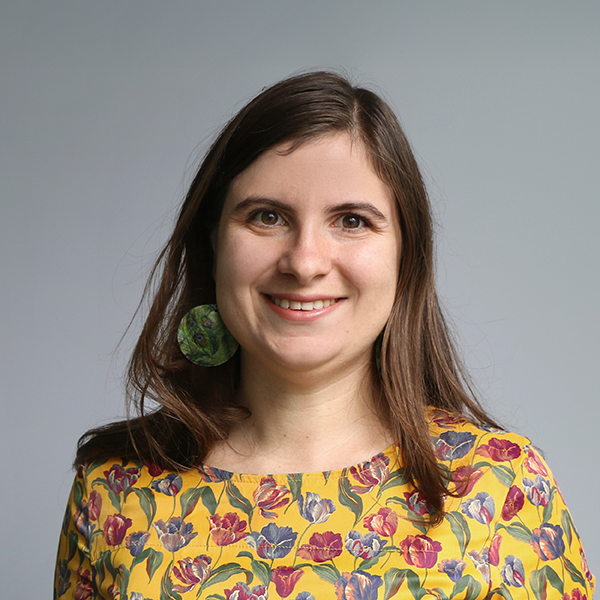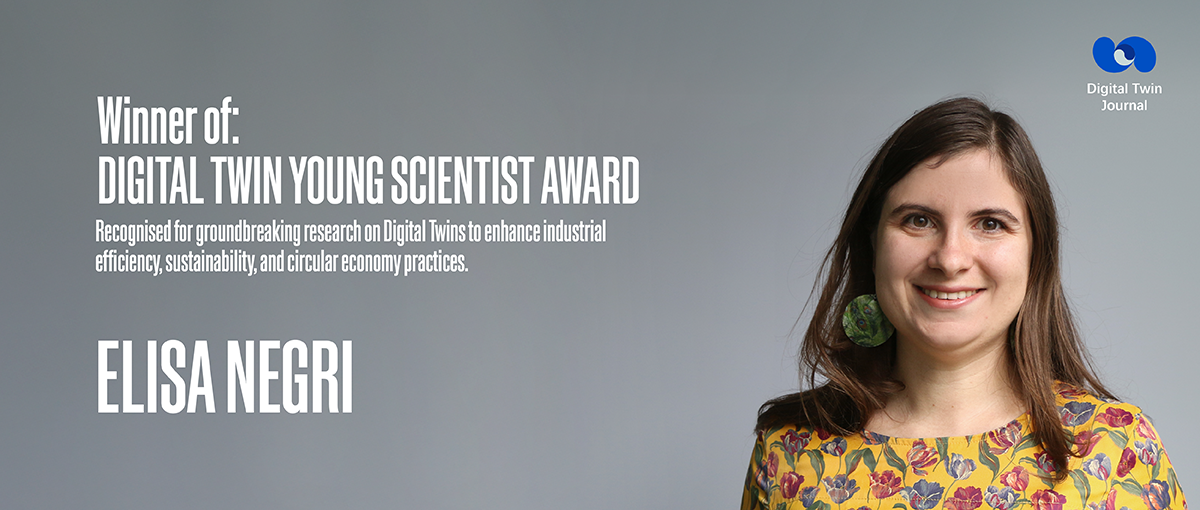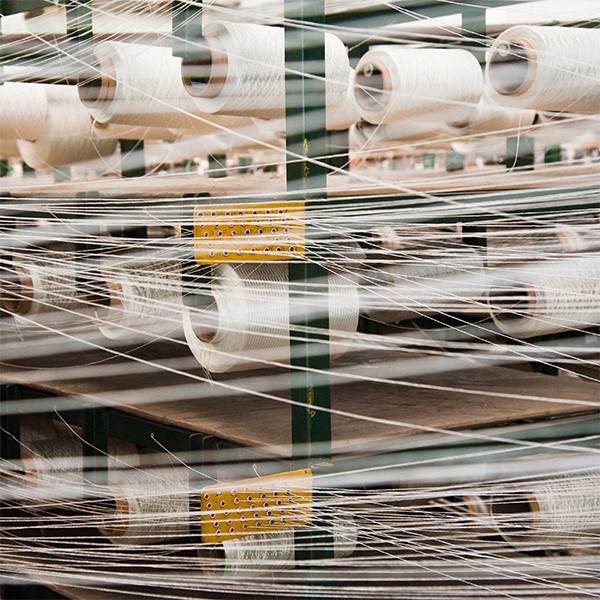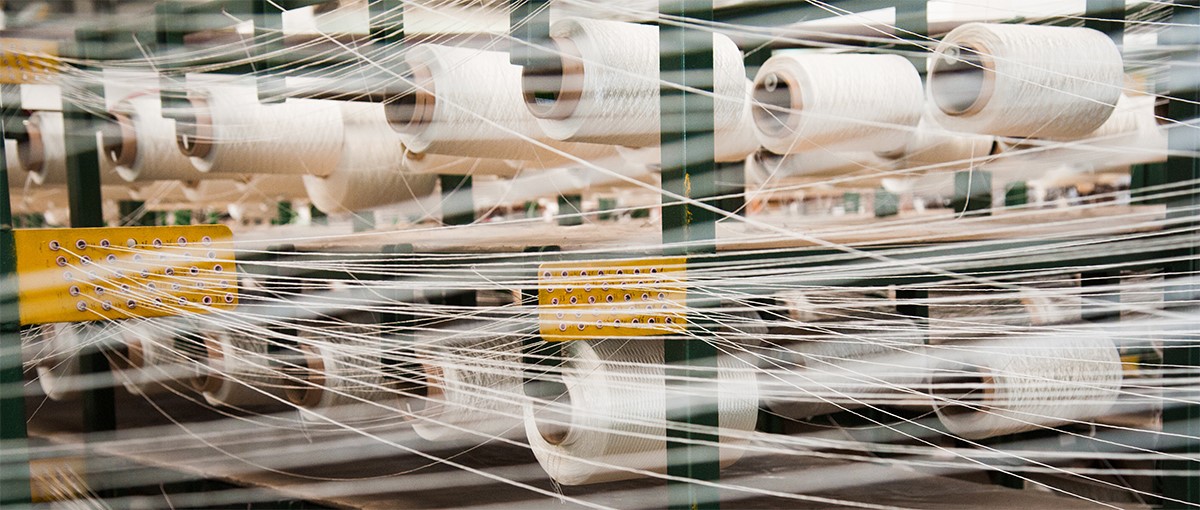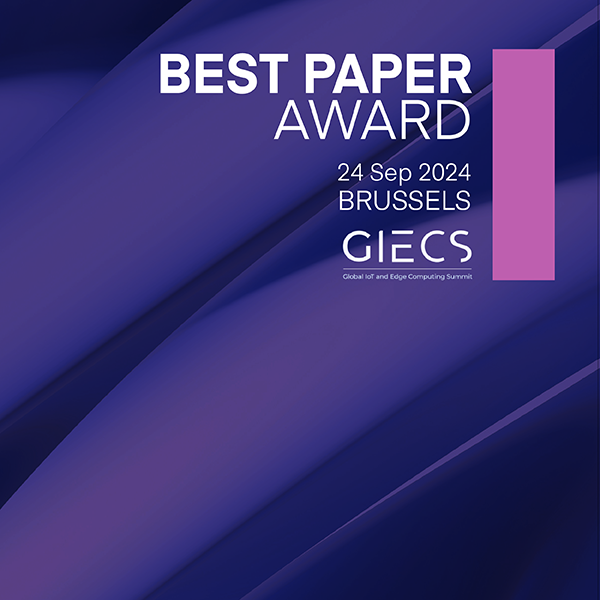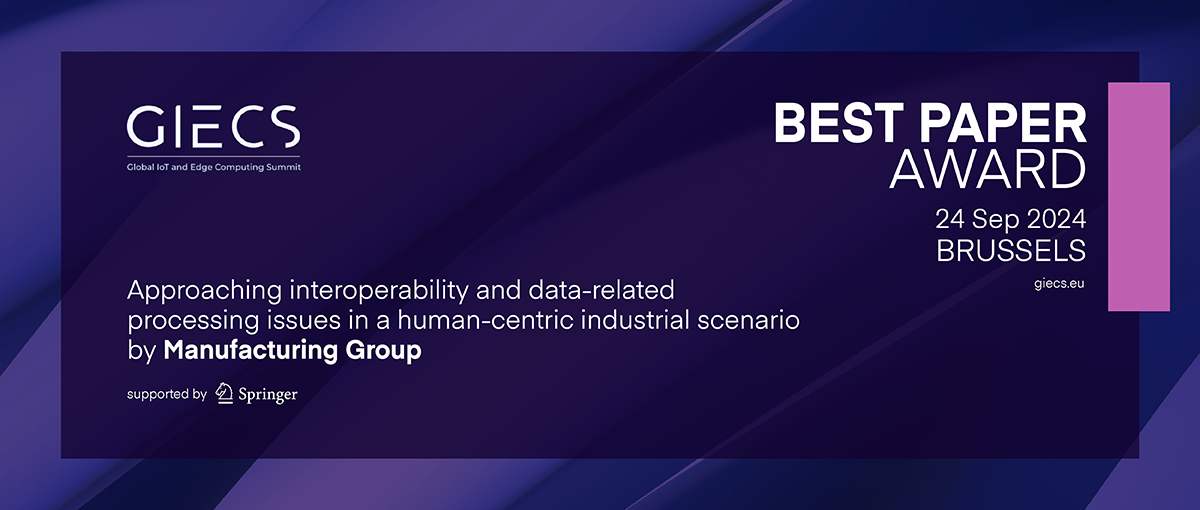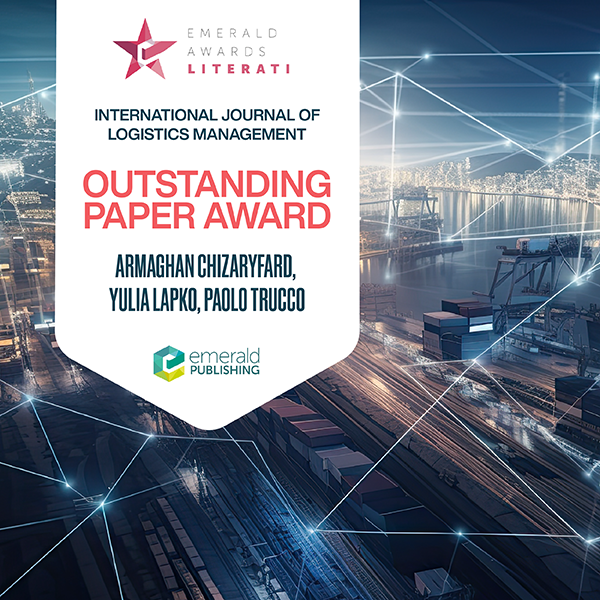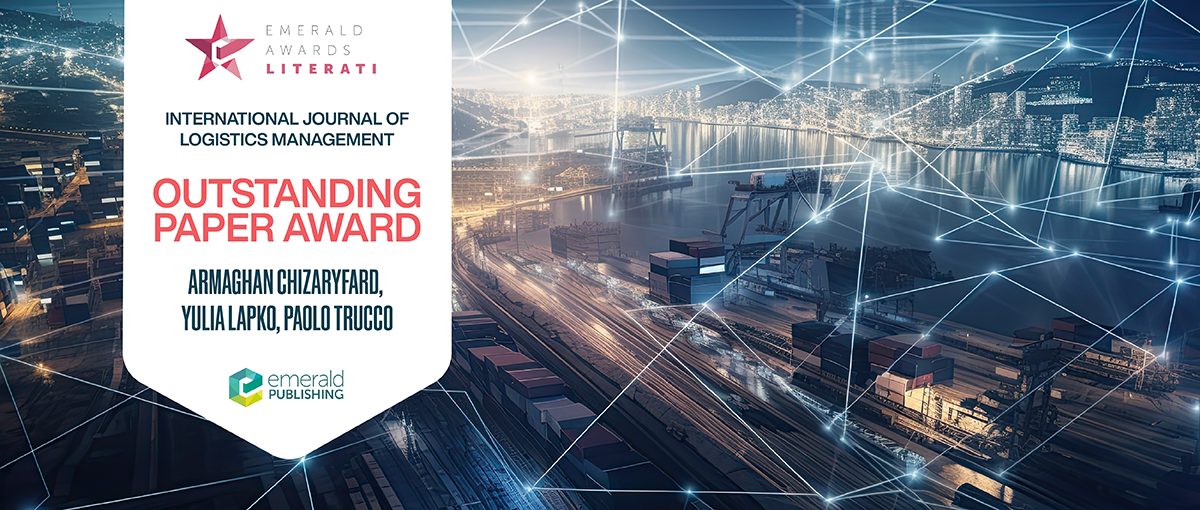
An interdisciplinary study explores how blockchain technology could revolutionize public cultural services, from digital rights management to heritage preservation, mapping opportunities and challenges in an underexplored field.
Blockchain technology is increasingly recognized for its transformative potential in various sectors, including public cultural services. A recent paper by Deborah Agostino from POLIMI School of Management, with Federica Rubino and Davide Spallazzo of the Department of Design, Politecnico di Milano, explores this potential through a comprehensive scoping review of the existing literature.
Published in the International Journal of Public Sector Management, the study identifies key use cases and examines empirical examples of blockchain applications in public cultural services, a domain where adoption remains underexplored despite its promising possibilities.
The scoping review uncovered a highly interdisciplinary body of literature, incorporating perspectives from fields such as computer science, cultural management, digital humanities, engineering, law, and political science. Out of 54 initial records, 38 peer-reviewed journal articles were selected for detailed analysis, reflecting the broad and fragmented interest in blockchain applications for public cultural services. Geographically, the studies included contributions from countries such as the United States, Italy, China, and the United Kingdom, highlighting the global nature of the discourse. However, a notable concentration of studies was situated in Europe, underlining a regional interest in cultural heritage and technology integration.
The research highlights several primary use cases for blockchain technology in the cultural sector. These include the tokenization of cultural assets and fractional equity, digital rights management, cultural asset management, decentralized funding systems, and decentralized platforms for heritage preservation. For example, tokenization enables fractional ownership of assets like rare manuscripts or digital artifacts, democratizing access and potentially generating new revenue streams. Similarly, blockchain can secure intellectual property rights, enhancing transparency and accountability in cultural organizations.
Despite these prospects, the paper emphasizes the limited empirical data on blockchain applications in this sector. Most of the current discourse remains theoretical, underscoring the need for more in-depth empirical case studies and practical evaluations. Challenges such as regulatory uncertainty, a lack of technical expertise, and resistance to adopting novel technologies are noted as significant barriers to blockchain integration.
The paper also explores the broader implications of blockchain technologies for public governance in delivering cultural services. By fostering transparency and community engagement, blockchain holds the potential to revolutionize public service delivery in the cultural domain, pushing for increasingly horizontal and decentralized power structures. However, achieving this requires robust policy frameworks and collaboration between public institutions, policymakers, and stakeholders involved.
This work contributes to the emerging scholarly conversation on blockchain in public services, with particular attention to its application in cultural contexts. By mapping existing research and identifying knowledge gaps, the authors provide a foundation for future investigations, paving the way for a deeper understanding of how blockchain can transform public cultural services.



